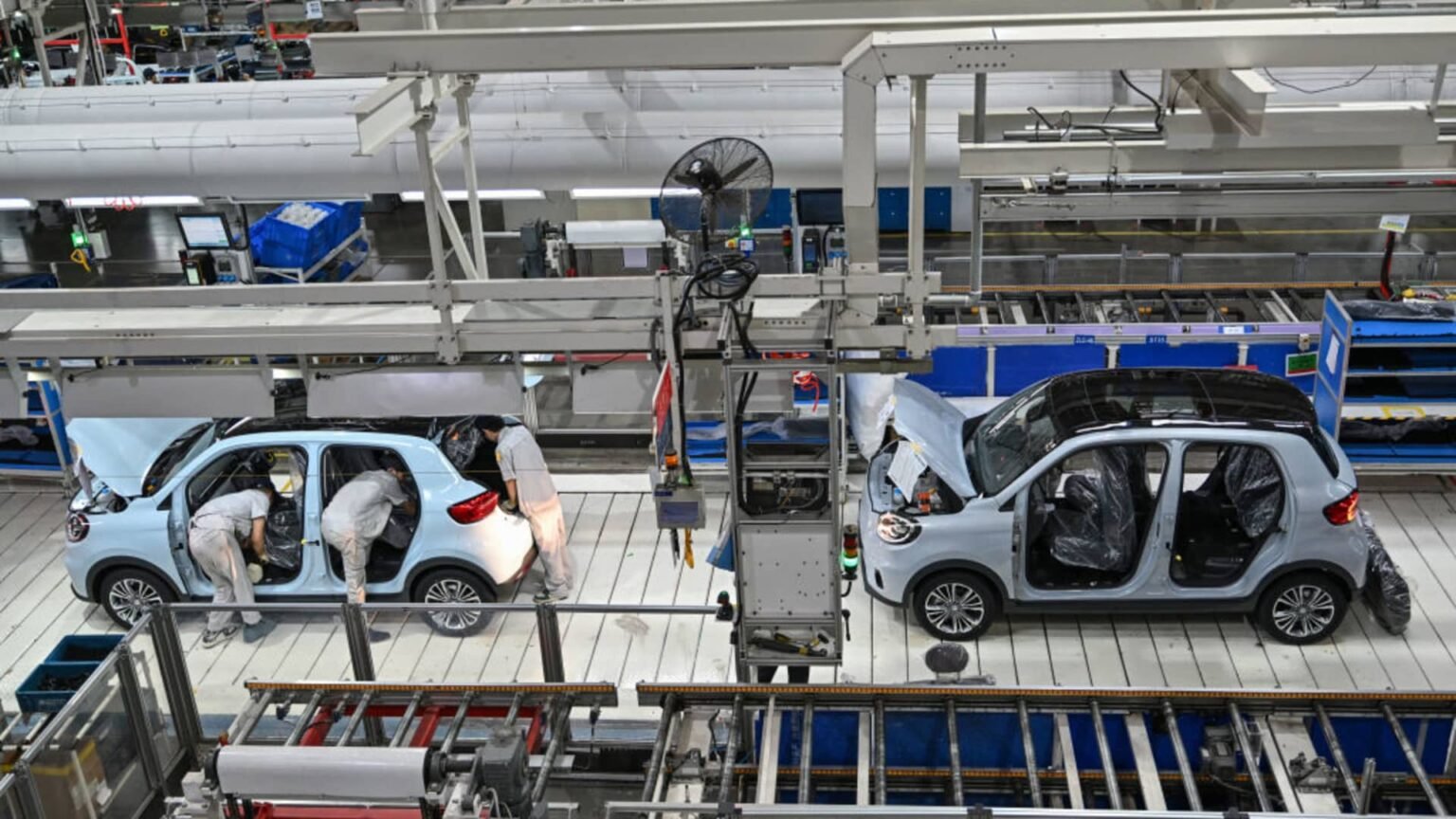The European Union has voted to adopt definitive tariffs on battery electric vehicles (BEVs) from China, citing unfair subsidies provided to Chinese electric vehicle producers. The decision was made after months of deliberation, with different EU member states expressing varying opinions on the issue. France supported the tariffs, while Germany raised concerns about the impact on its own struggling car makers. The EU’s decision has been met with criticism from Chinese industry groups and car manufacturers, with Mercedes Benz, BMW, and Volkswagen calling the move a mistake and urging the European Commission to delay implementation.
The Chinese Chamber of Commerce to the EU expressed deep disappointment with the voting outcome, calling the decision a protectionist trade measure and urging the EU to focus on finding solutions through negotiations. Chinese companies, as well as international businesses producing EVs in China, are expected to be impacted by the higher duties. German automakers, including Mercedes Benz, BMW, and Volkswagen, criticized the decision, saying that tariffs would not improve the competitiveness of the European automotive industry. Swedish auto maker Volvo Cars reiterated its commitment to building cars where they sell them, despite the tariffs.
The EU’s decision comes after the initial announcement of higher tariffs on Chinese electric vehicle imports in June, with provisional duties already in place since early July. The Chinese Chamber of Commerce to the EU reiterated its stance that the probe into Chinese EVs was politically motivated and unjustified, emphasizing the negative impact of higher duties on Chinese companies. The EU had stated that it is still looking for other solutions, even as the tariffs are adopted, and urged caution in the implementation of final measures.
German Finance Minister Christian Lindner has urged the European Commission not to start a trade war with China despite the vote for potential punitive tariffs. Concerns about potential retaliation from China have been raised among EU members, as China has already launched anti-dumping probes into pork, brandy, and dairy products from the EU. The EU has emphasized the need for a negotiated solution and ongoing talks between the EU Commission and the Chinese government to prevent further escalation. The decision to impose tariffs on Chinese BEVs is seen as a response to unfair subsidies provided to Chinese producers and the threat of economic injury to European electric vehicle manufacturers.
Overall, the EU’s adoption of definitive tariffs on China-made battery electric vehicles has sparked a debate within the EU, with various member states expressing different opinions on the issue. While France supported the measure, Germany raised concerns about the impact on its own auto industry. Chinese industry groups and automakers have criticized the decision, calling it a protectionist trade measure. The EU has called for caution in the implementation of final measures and is still seeking other solutions through negotiations. The ongoing tensions highlight the challenges of balancing trade interests and competition in the global automotive industry.











